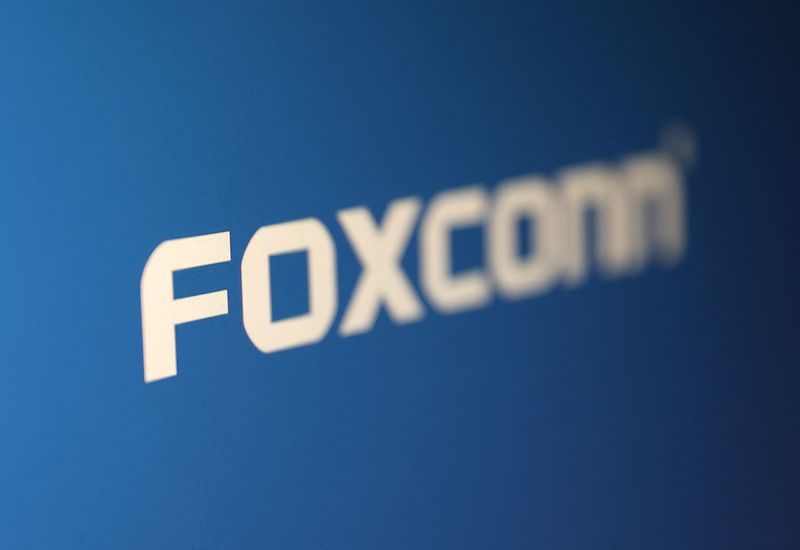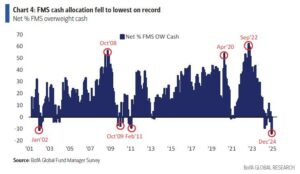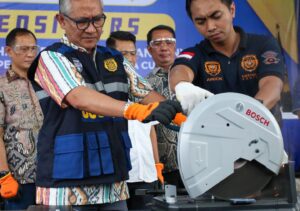Foxconn building Nvidia superchip facility in Mexico, execs say


By Yimou Lee
TAIPEI (Reuters) -Foxconn is building in Mexico the world’s largest manufacturing facility for bundling Nvidia’s GB200 superchips, a key component of the U.S. firm’s next-generation Blackwell family computing platform, senior executives at the Taiwanese company said on Tuesday.
Foxconn, the world’s largest contract electronics manufacturer and known as Apple’s biggest iPhone assembler, has been benefiting from the artificial intelligence boom as it assembles servers used to process AI work.
“We’re building the largest GB200 production facility on the planet,” said Benjamin Ting, Foxconn senior vice president for the cloud enterprise solutions business group.
Nvidia said in August that it had started shipping Blackwell samples to its partners and customers after tweaking its design, and expected several billion dollars in revenue from these chips in the fourth quarter.
Ting said the partnership between his company and Nvidia was very important and everyone was asking for Nvidia’s Blackwell platform.
“The demand is awfully huge,” Ting said at the company’s annual tech day in Taipei, standing next to Nvidia’s vice president for AI and robotics, Deepu Talla.
Speaking to reporters later, Foxconn Chairman Young Liu said the plant was being build in Mexico, and that the capacity there would be “very, very enormous”. He did not elaborate.
Foxconn already has a large manufacturing presence in Mexico and has invested more than $500 million to date in the state of Chihuahua.
Liu said the company’s supply chain was ready for the AI revolution, adding its manufacturing capabilities include the “advanced liquid cooling and heat dissipation technologies necessary to complement the GB200 server’s infrastructure.”
He said that the company’s outlook in the current quarter was strong, though did not give details. On Saturday, Foxconn posted its highest-ever revenue for the third quarter on strong demand for AI servers.
Foxconn’s other focus is ambitious plans to diversify away from its role of building consumer electronics for Apple, hoping to use its tech know-how to offer EV contract manufacturing and also produce vehicles using models built by Foxtron brand.
Asked about fierce competition in the global electric vehicle market amid slowing demand, Liu said Foxconn was committed to the sector.
“It is the right direction and we will continue to work hard towards that,” he said, adding that with the EVs, the “engine barrier” no longer exists in car manufacturing.
Automakers “don’t need to make the whole car themselves anymore”, he said.
(Reporting by Yimou Lee; Writing by Ben Blanchard; Editing by Christopher Cushing, Tom Hogue and Kim Coghill)








